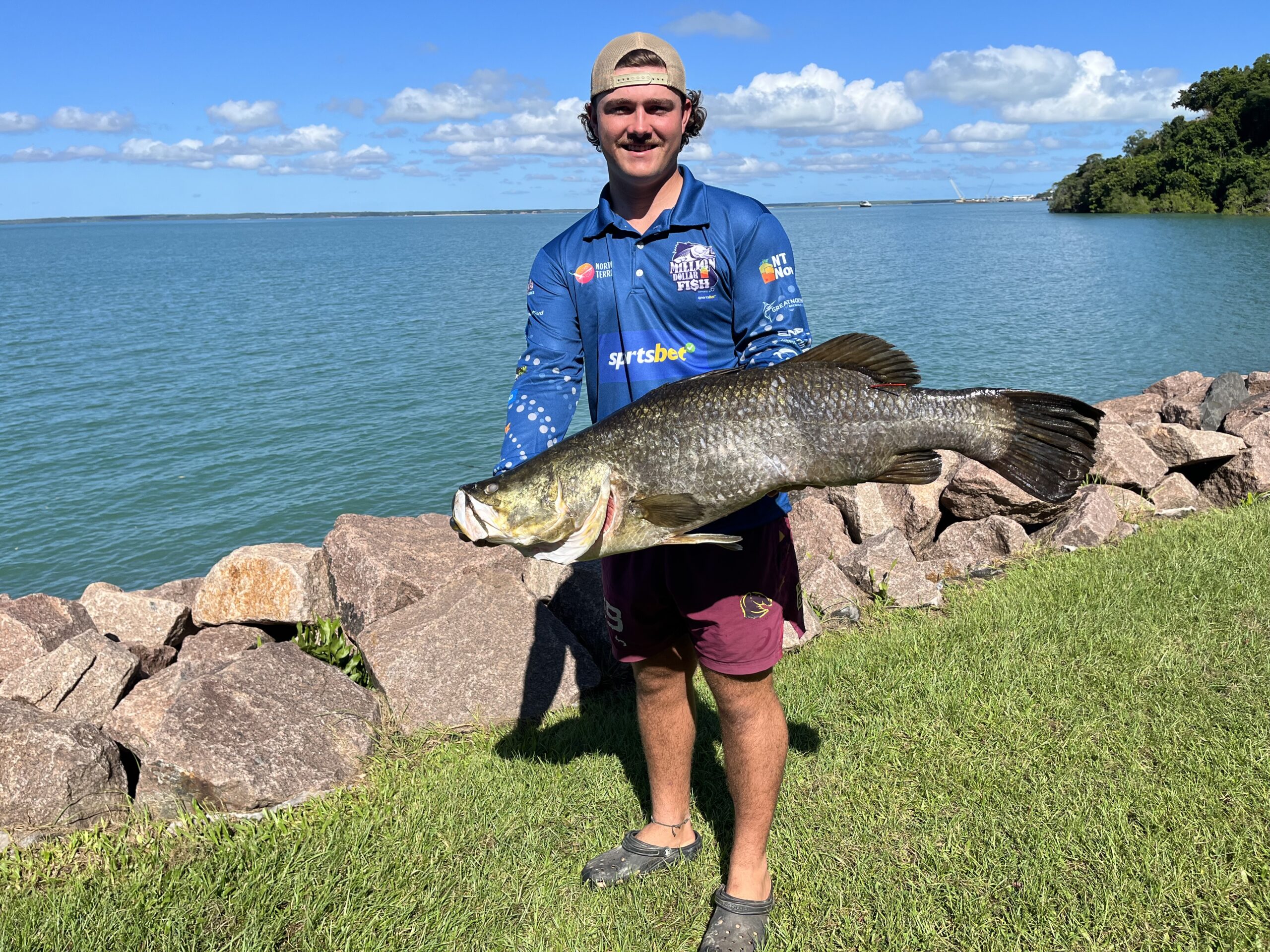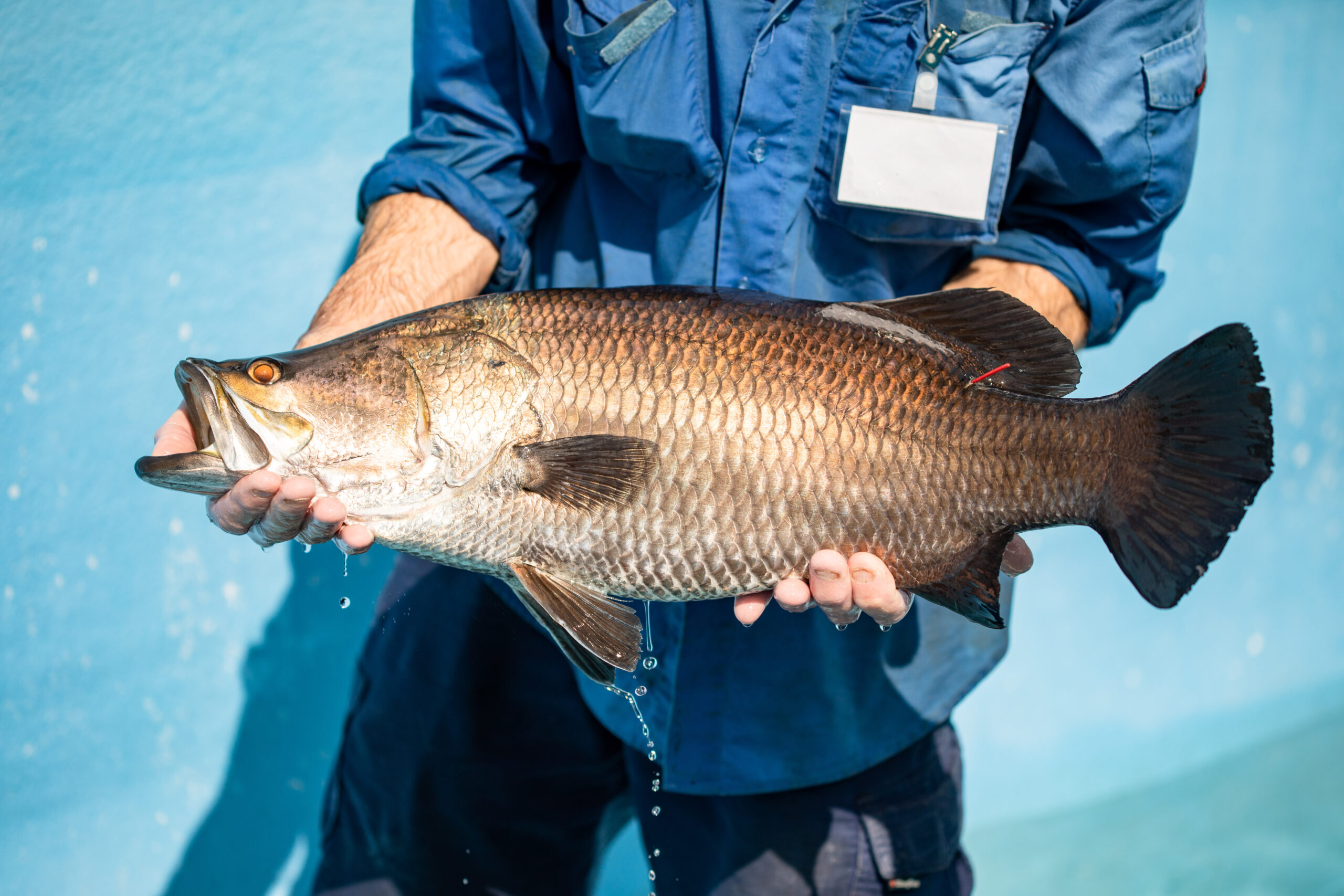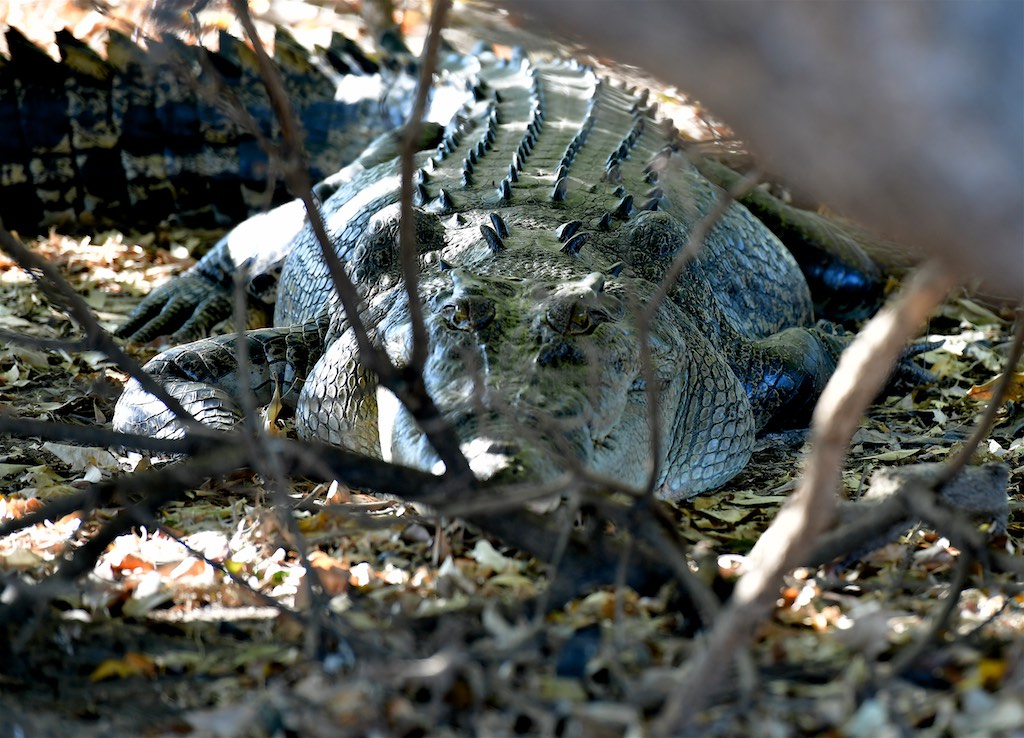Million Dollar Fish is making waves this February with an exciting new twist for Season 10. The angler who lands the biggest Season 10 tagged $10,000 fish during the month will reel in an extra $40,000, taking home a total of $50,000.
Throughout February, each red-tagged $10,000 fish caught will be added to the leaderboard, with the largest fish of the month securing the bonus cash. That’s $10,000 for the catch and an extra $40,000 for the biggest catch. If two or more Season 10 fish of equal size are caught, the prize will be shared equally. The winner will be announced on 1 March 2025.
Season 10 kicked off with a bang, setting a record for the competition. In its first month, 14 $10,000 red-tagged barramundi were caught, marking the most successful start in the competition’s history.
With 83 more $10,000 red-tagged barramundi still waiting to be caught, along with 10 one-million-dollar tagged fish, there’s no better time to hit the water. Once one of the million-dollar fish – which are not eligible for Size Matters campaign- is caught, all remaining million-dollar tags revert to $10,000.
Anglers can take to the water across Arnhem Land, Darwin, Kakadu, Katherine, and the Tiwi Islands this February, knowing that every $10,000 red-tagged fish reeled in guarantees a chance to make it onto the leaderboard, as size could mean an extra $40,000.
To help anglers narrow their chase, Million Dollar Fish has – for the first time – released a top 10 list of the biggest winning catches from the past decade, revealing some of the prime fishing hotspots that might yield a whopper.
The list (in full below) reveals Manton, around 70kms from Darwin, as a prime location for massive catches. Three of the top 10 biggest winning fish were snagged at Manton River and Manton Creek, including the biggest ever red-tagged barra, a 105cm giant caught at Manton Dam by Kai Hale in Season 8.
Another heavy hitter is the Daly River, which has produced three of the top 10 biggest winning catches, including fish caught at Daly River Crossing and Daly River Mango Farm. The Daly River is also home to five of the top 20 biggest red-tagged barra caught in Million Dollar Fish history.
Northern Territory Major Events Company, Interim CEO Trevor Cox, said “Million Dollar Fish Season 10 began with a record-breaking first month and now the exciting ‘Size Matters’ bonus adds even more thrill for anglers.
“With new opportunities to win big this February, there’s no better time to grab a rod, sign up, and head out with your mates for the chance to catch the fish of a lifetime”.
Sportsbet NT Operations and Partnerships Manager Thijs Bors, added, “We’re thrilled to continue supporting Million Dollar Fish Season 10. This competition brings excitement, community spirit, and big wins – and the added prize opportunities this February make it even more exciting for everyone involved.”
As the official charity partner, Cancer Council NT receives $1,000 for every $10,000 tagged fish caught. Cancer Council will receive an extra $4,000 off the back of the largest catch in February. So far, $16,000 has been raised for the charity, with a total of $176,000 in prize money awarded to anglers and donations since the season began on 1 October 2024.
Million Dollar Fish Season 10 runs until 31 March 2025. To claim any prize money, anglers must be registered for the competition. Delivered by Northern Territory Major Events Company and supported by Sportsbet, the competition is open to anyone aged 18 and over, with free registration. By signing up, anglers will also be entered into the monthly prize draw, with a total prize pool value of $79,000 for the season. Register now to get in on the action at: milliondollarfish.com.au/register
Top 10 Largest Winning Catches in Million Dollar Fish History
1. 105cm red-tagged barra. Caught by Kai Hale at Manton Dam on 11 March 2023 in Season 8.
2. 98cm red-tagged barra. Caught by Ryan Curtis at Mary River on 4 October 2020 in Season 6.
3. 90cm red-tagged barra. Caught by Josh James at Adelaide River on 6 March 2022 in Season 7.
3. 90cm red-tagged barra, Caught by Yo Thu Yar at Daly River Crossing on 3 October in Season 10.
3. 90cm red-tagged barra, Caught by Asman Rory at Borroloola on 30 March 2023 in Season 8.
3. 90cm red-tagged barra. Caught by Sharna Brennan at Manton Dam on 6 October 2022 in Season 8.
7. 89cm red-tagged barra. Caught by Darryl McLeod at Daly River Crossing on 19 November 2021 in Season 7.
8. 87cm red-tagged barra. Caught by Jethro Kahler at Manton Creek on 9 March 2020 in Season 5.
9/10. 86cm red-tagged barra. Caught by Mark Iseppi at Daly River Mango Farm on 26 January 2019 in Season 4.
9/10. 86cm red-tagged barra. Caught by Alastair Lau at Yellow Water on 18 October 2024 in Season 10.


